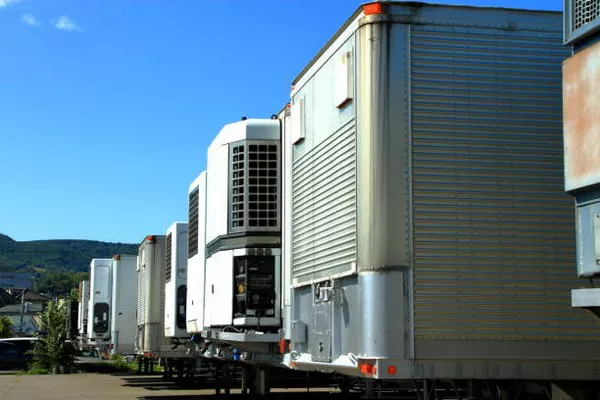In today’s technology-driven world, computers have become an integral part of our daily lives, both at home and in the workplace. As a result, ensuring a continuous power supply to your computer system is essential to prevent data loss, system damage, and downtime. One way to achieve this is by investing in a generator. However, determining the right size generator for your computer can be a challenging task. In this article, we will explore the factors to consider when selecting a generator size to meet the power demands of your computer system.
Understanding Power Requirements
Before delving into the specifics of generator sizes, it’s crucial to understand the power requirements of your computer system. The power consumption of a computer is measured in watts (W), and it can vary significantly based on factors such as the type of computer, peripherals, and any additional devices connected.
To determine the power requirements, check the labels on your computer and other connected devices. Most devices will have a power rating listed in watts. Add up the power ratings of all components that will be connected to the generator to get an estimate of the total power requirement.
Generator Sizing Basics
Generators are typically rated in kilowatts (kW) or kilovolt-amperes (kVA). One kilowatt is equal to 1,000 watts. When sizing a generator for your computer, it’s important to consider both the continuous power (running watts) and the starting power (surge watts) requirements.
Running Watts: This represents the power required to keep your computer running under normal conditions. It is the steady-state power consumption of your computer system during regular operation.
Surge Watts: Also known as starting watts or peak watts, this is the additional power required when starting up the computer system. Certain components, such as hard drives and monitors, may require more power during startup.
Calculating Total Power Requirement
To determine the appropriate generator size, add the running watts and surge watts. The generator should be able to handle the total power requirement without exceeding its rated capacity. It’s advisable to provide a safety margin by choosing a generator with a slightly higher capacity than the calculated total power requirement.
Consider the following example:
- Running Watts (Computer): 500W
- Running Watts (Monitor): 200W
- Surge Watts (Startup): 300W
Total Power Requirement = 500W (Computer) + 200W (Monitor) + 300W (Startup) = 1000W
In this example, a generator with a capacity of at least 1000W would be suitable for powering the computer system.
Other Factors to Consider
While the total power requirement is a critical factor in selecting a generator size, there are other considerations to keep in mind:
Voltage Compatibility: Ensure that the generator provides the correct voltage for your computer system. Most computers operate on standard household voltage (120V in the United States), but some may require 240V.
Fuel Type: Generators can run on various fuels, including gasoline, diesel, propane, and natural gas. Choose a generator with a fuel type that is readily available and convenient for your needs.
Runtime: Consider the runtime of the generator on a full tank of fuel. This is especially important if you anticipate prolonged power outages.
Noise Level: Generators can be noisy, so consider the noise level (measured in decibels) and choose a model that meets your noise tolerance requirements.
SEE ALSO How Much Fuel Does a kW Generator Use?
Conclusion
Selecting the right size generator for your computer is a crucial step in ensuring a reliable power supply during outages. By understanding the power requirements of your computer system and considering factors such as running watts, surge watts, voltage compatibility, fuel type, runtime, and noise level, you can make an informed decision. Investing in the appropriate generator size will not only protect your computer system but also provide peace of mind in the face of unexpected power interruptions.

